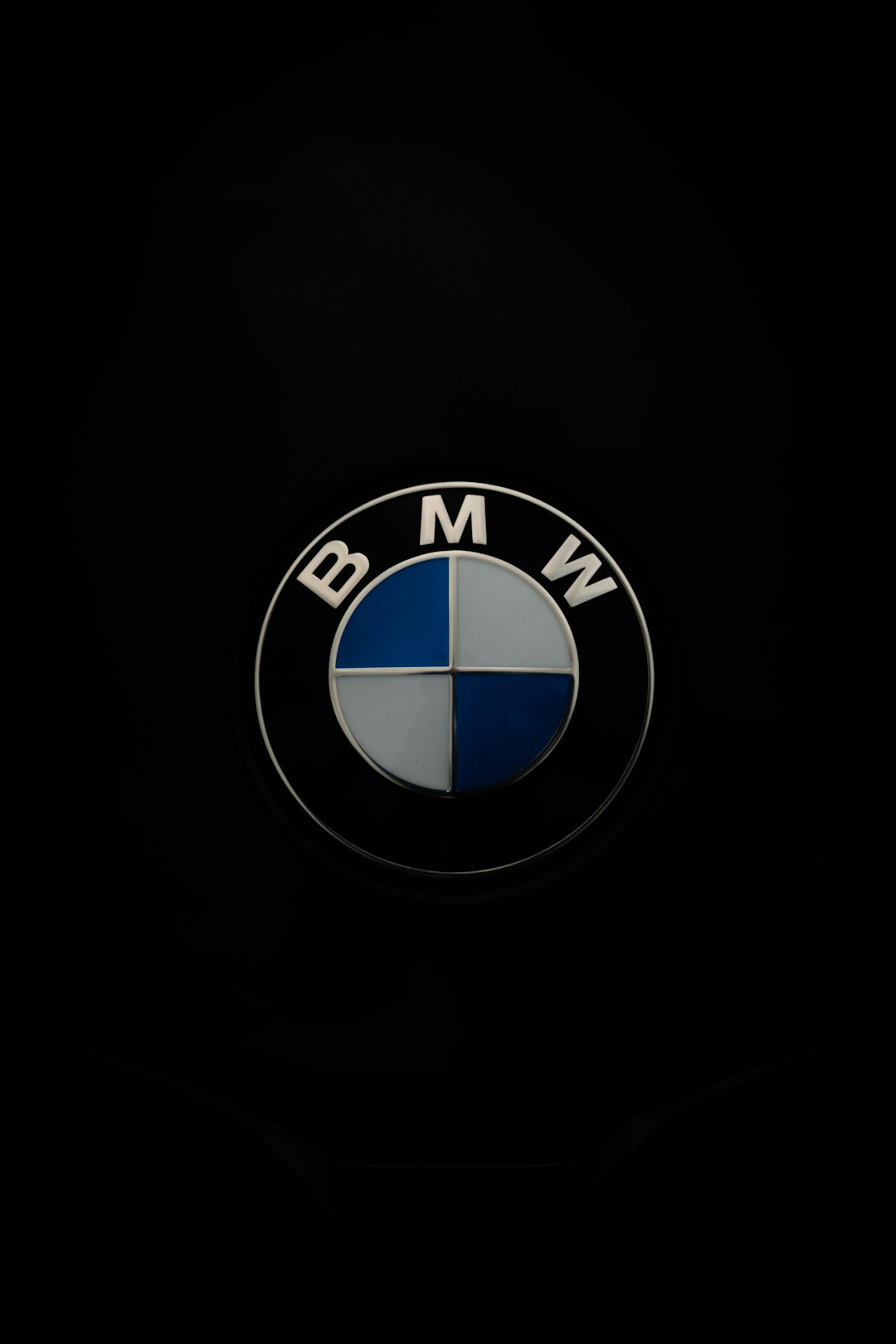What is the Fuel Economy of the BMW M8?
The BMW M8, a stylish and powerful luxury car, has garnered attention for its exceptional performance on the road. As an enthusiast, you may be curious about its fuel economy and how it compares to other vehicles in its class. In this article, we will provide a comprehensive analysis of the key factors that impact the fuel economy of the BMW M8, including its fuel efficiency, hybrid technology, aerodynamics, and fuel consumption.
Fuel Efficiency and MPG Rating
When it comes to fuel efficiency, the BMW M8 offers impressive numbers. While the specific MPG (miles per gallon) rating may vary depending on the model and driving conditions, the M8 is generally known for its ability to deliver a balance between performance and fuel economy.
To determine the exact MPG rating for a specific BMW M8 model, it is advisable to consult the official BMW website or the vehicle's documentation. These sources will provide the most accurate and up-to-date information on the fuel economy of the vehicle, considering various factors such as engine specifications and transmission options.
Hybrid Technology and Fuel Consumption
In recent years, BMW has embraced hybrid technology to enhance fuel efficiency without compromising performance. Hybrid models, such as the BMW M8 Gran Coupe, leverage a combination of gasoline engines and electric motors to optimize fuel consumption during different driving scenarios.
By intelligently switching between power sources, the BMW M8 hybrid models reduce fuel consumption and emissions, thereby promoting a more sustainable driving experience. This innovative technology benefits both the environment and the driver by providing enhanced fuel economy without sacrificing the exhilarating performance that the M8 is known for.
Aerodynamics and Fuel Economy
Aerodynamics play a crucial role in the fuel economy of any vehicle, and the BMW M8 is no exception. The sleek and sporty design of the M8 is carefully engineered to minimize drag and improve overall efficiency.
Features such as a low-slung body, integrated spoiler, and strategically placed air ducts help reduce turbulence and increase stability at higher speeds. These design elements, combined with state-of-the-art wind tunnel testing, contribute to the BMW M8's remarkable fuel economy by optimizing airflow and minimizing energy loss due to drag.
Conclusion
In summary, the fuel economy of the BMW M8 is impacted by various factors. The fuel efficiency and MPG rating, hybrid technology, aerodynamics, and fuel consumption all contribute to the overall eco-friendliness and sustainability of the vehicle.
To delve into the specifics of the fuel economy for a particular BMW M8 model, it is recommended to check official BMW resources for the most accurate and up-to-date information. These resources will provide insights into the technological advancements utilized in the different M8 models, ensuring a comprehensive understanding of their fuel efficiency capabilities.
Whether you prioritize performance, luxury, or sustainability, the BMW M8 continues to raise the bar by delivering impressive fuel economy that aligns with its exceptional driving experience. So, if you seek a car that combines power, style, and efficiency, the BMW M8 is undoubtedly a compelling choice.
